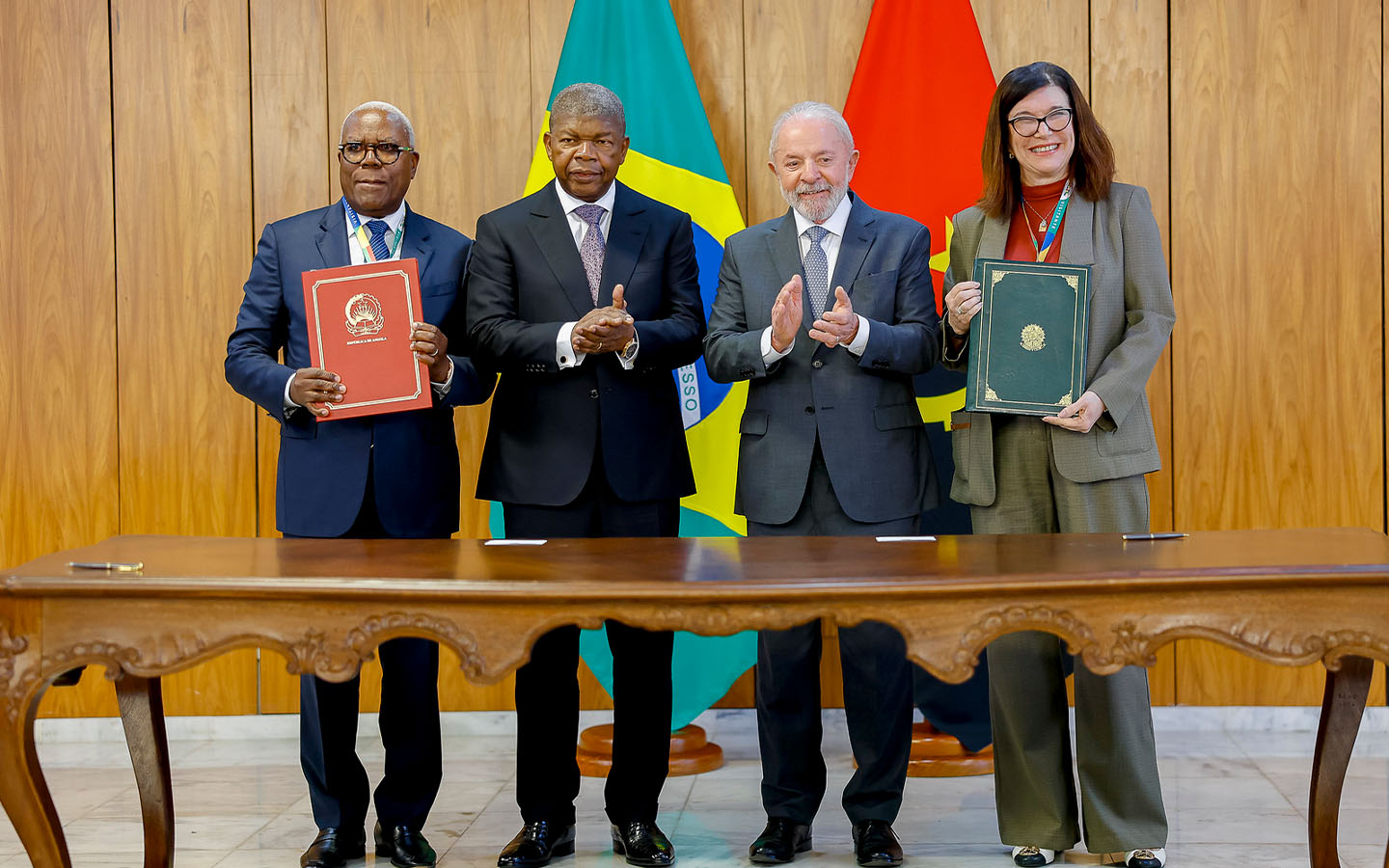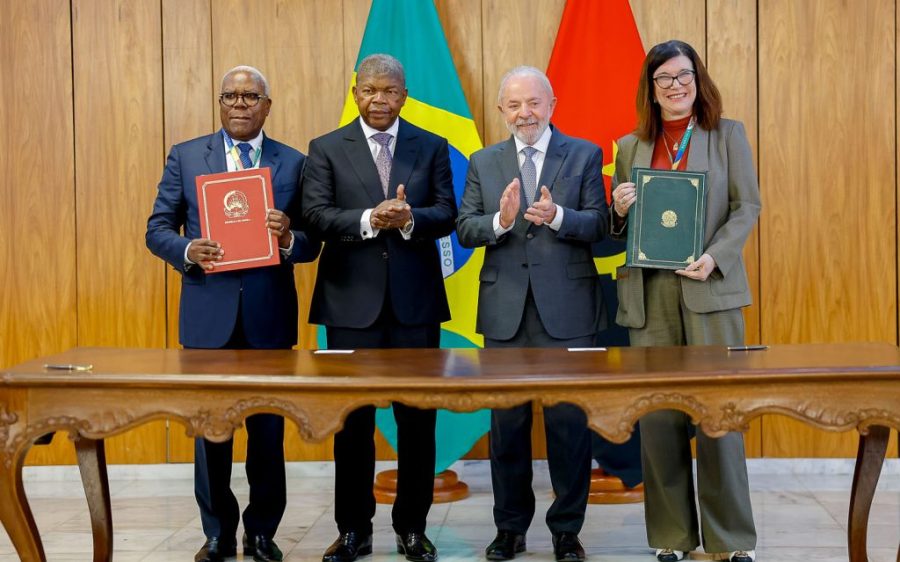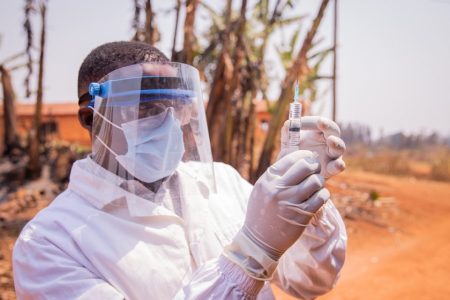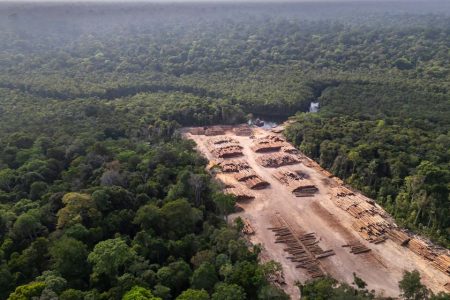Angolan President João Lourenço announced a raft of new memorandums of understanding and cooperation agreements alongside his Brazilian counterpart in Brasilia on Friday, reports the Brazilian news website Opinião em Pauta.
Speaking at a press conference, Lourenço outlined newly signed memorandums of understanding (MoUs) that focused on human rights, agriculture, forest conservation, and innovations in the oil and energy sectors, as well as a cooperation agreement to combat transnational crime.
Lourenço also urged Brazil to reopen a financing line to support export credit coverage. “We want to see Brazilian private investment in Angola and Angolan private investment in Brazil, but we also want Brazilian companies to continue participating in the recovery and grassroots construction of public infrastructure,” he told the press.
The Angolan president concluded his three-day visit, the first since attending President Luiz Inácio Lula da Silva’s inauguration in January 2023, with a meeting with African ambassadors stationed in Brazil and members of the Caribbean Community.
Lula responded by extolling Angola’s credit worthiness. “Angola has always been a good payer and settled its debt five years ahead of schedule,” he emphasised, adding that “no one should fear selling anything to Angola or offering loans because Angolans honour their obligations.”
[See more: Angola courts Brazilian agribusiness]
The National Bank for Economic and Social Development has already agreed to support the acquisition of multiple Embraer C-390 Millennium aircraft, the jet-powered military transport likely replacing aging Antonov An-12s in the Angolan air fleet. Lula said the state-owned planemaker is also “ready to assist in the recovery of Angola’s Super Tucano aircraft fleet,” further bolstering aviation security.
State-owned oil giant Petrobras meanwhile signed an MoU with Angola’s Sonangol to expand joint oil exploration in ultra-deepwater basins, including the 420-million-barrel Cameia-Golfinho field off the southern coast of Bengo Province. Angolan crude accounted for more than 94 percent of Brazil’s crude oil imports last year, totalling more than US$1 billion. (Brazil meanwhile exported US$492 million of goods to Angola, including meat, sugar, petroleum products, machinery, automobiles and agricultural equipment.)
Agriculture is another key area of cooperation recently strengthened, with Brazil’s Embrapa training 75 Angolan technicians in food storage and cost analysis, while a proposed bilateral treaty could allocate half a million hectares of Angolan land for Brazilian-led farming projects, significantly improving food security.
This type of “transformative project” is exactly what Angola needs, according to Lourenço. “If these agreements materialise, they will undoubtedly further strengthen the friendship and collaboration between our nations,” he said.
Despite being the first country to recognise Angola’s independence in 1975 and maintaining close relations for decades, under far-right Brazilian President Jair Bolsonaro, Africa received little attention – something Lula pledged to rectify within months of taking office. “We can clearly see that Brazil is back in Africa,” Lourenço noted, highlighting the numerous exchanges between the two governments’ teams in the two years since.






